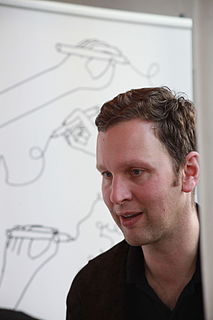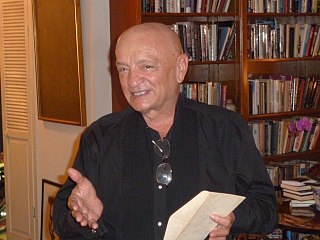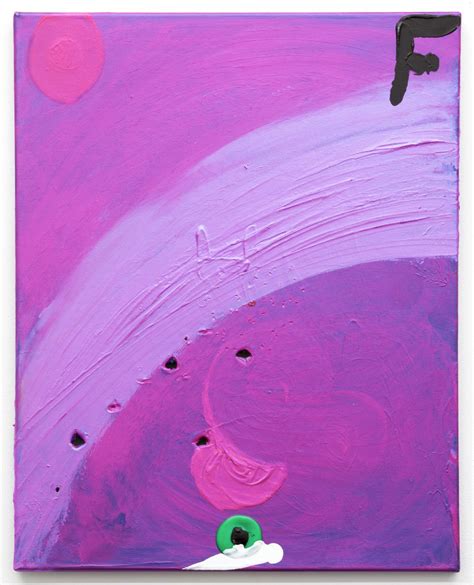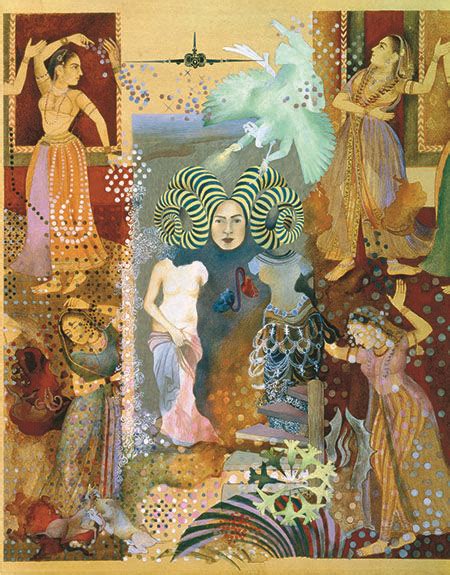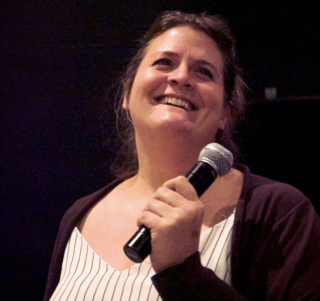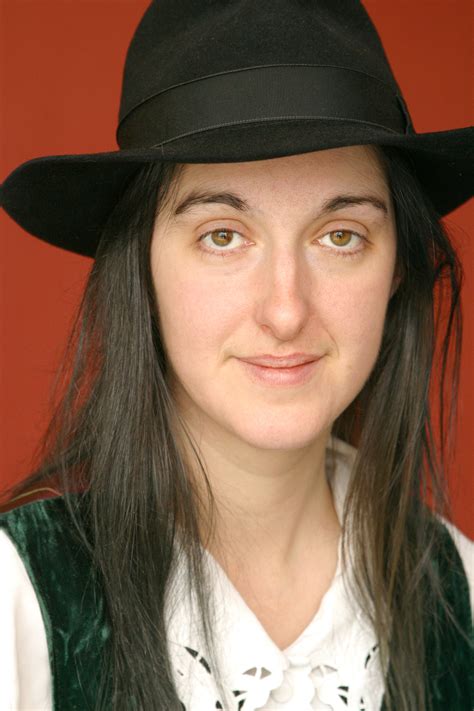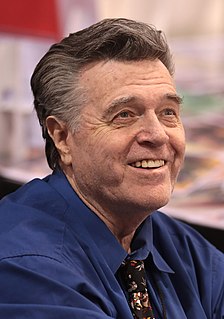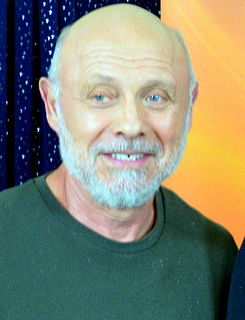A Quote by David Shrigley
The work, I suppose, is made in the editing, whereby I make literally hundreds of drawings, and then a much smaller percentage of those become the finished work.
Related Quotes
In the late 70's I started to make drawings of the ordinary objects I had been using in my work. Initially I wanted them to be ready-made drawings of the kind of common objects I had always used in my work. I was surprised to discover I couldn't find the simple, neutral drawings I had assumed existed, so I started to make them myself.
You must stop editing--or you'll never finish anything. Begin with a time-management decision that indicates when the editing is to be finished: the deadline from which you construct your revisionary agenda. Ask yourself, 'How much editing time is this project worth?' Then allow yourself that time. If it's a 1,000-word newspaper article, it's worth editing for an hour or two. Allow yourself no more. Do all the editing you want, but decide that the article will go out at the end of the allotted time, in the form it then possesses.
Have I then no work to work in this great matter of my pardon? None. What work canst thou work? What work of thine can buy forgiveness or make thee fit for the Divine favour? What work has God bidden thee work in order to obtain salvation? None. His Word is very plain and easy to be understood, "To him that worketh not, but believeth in Him that justifieth the ungodly, his faith is counted for righteousness" (Rom. 4:5). There is but one work by which a man can be saved. That work is not thine, but the work of the Son of God. That work is finished.
Ever since 'Strange Heaven,' I haven't really reread my old work. Not so much because I don't like the writer I was, or because I find flaws in the writing, but more because I get so burnt out on a novel once I've finished writing, revising, editing and copy editing it that I genuinely never want to look at it again after it's gone to press.
I think context, location matters a lot. Because location obviously in my situation, it's the space in which the work is going to be exhibited. And since some of the work I do is created onsite, it requires a different type of space, versus the smaller drawings or more subject-oriented work. So that the context becomes important.
I think that until a filmmaker knows that about him- or herself, the films they make will just be copies of other people's work. It's important for anyone who wants to make films for a living, but I think perhaps it has an even greater weight for female filmmakers since they represent a much smaller percentage of the population. Their voices are fewer so they must be even stronger.
Tips for aspiring writers: don't be afraid of writing rubbish. It's very easy to become hypnotised by an empty page or screen. It's tempting to abandon a half-finished work because you can't make it perfect. I hereby give you permission to write things that aren't perfect, make mistakes, try things that don't work, experiment with styles you're not used to and generally throw words around. You'll learn much faster that way.
Motion comics are a medium all their own. It is certainly not animation, in which a large number of artists do tens and even hundreds of thousands of drawings. The animation, or 'the reality,' is created in a computer, and the work of the original artist is the work. Nor is it a comic book. You can't turn the pages. You can't read the dialogue.
We aren't defined by our work. People think if you over-identify with your work, then that must mean you're giving over too much of yourself to it, that there's something wrong with that. We're trained to believe in things like work-life balance. So much work is tending towards service. It's very much about creating experiences rather than products, and it makes those boundaries between life and work very slippery.
